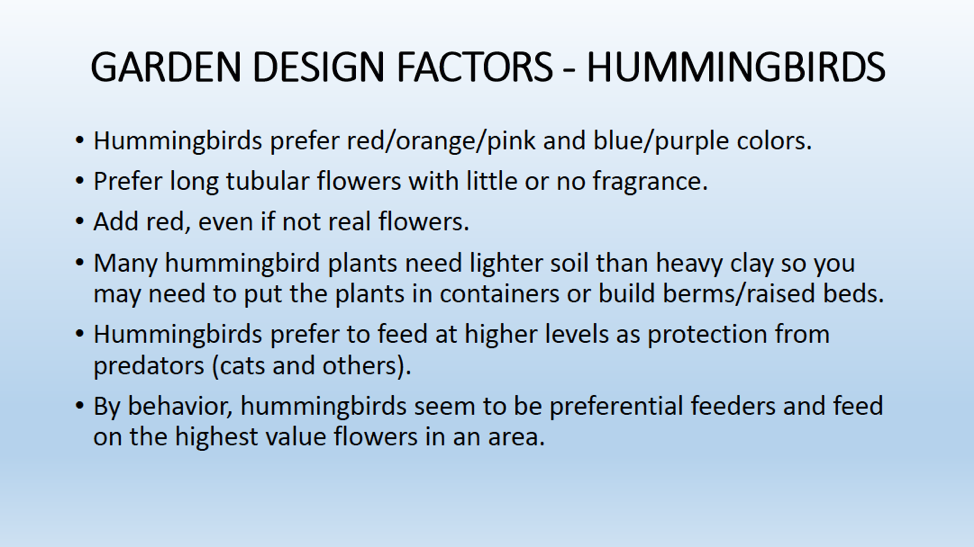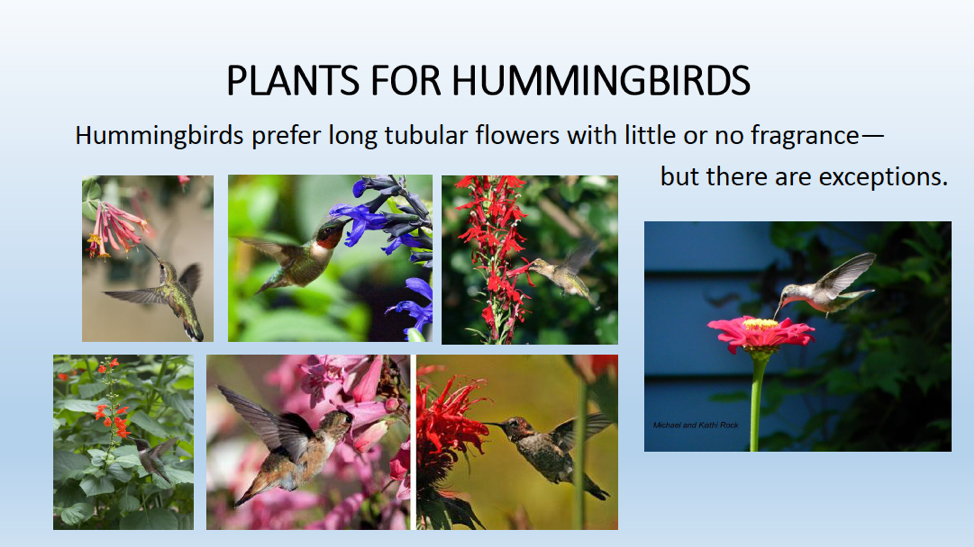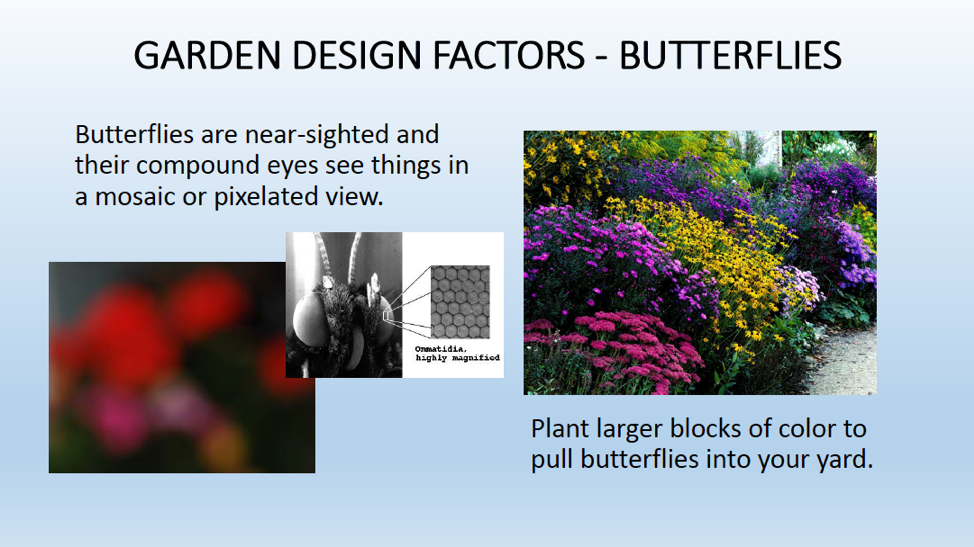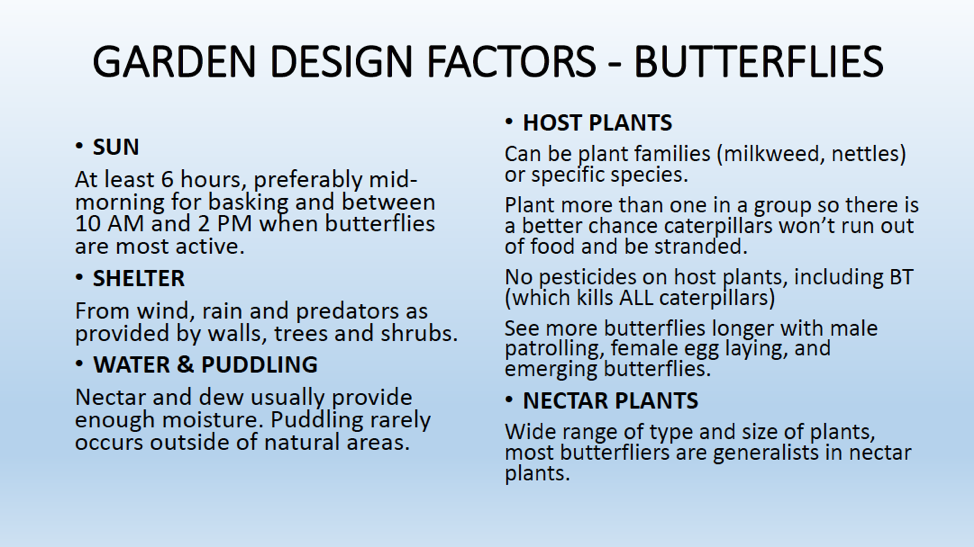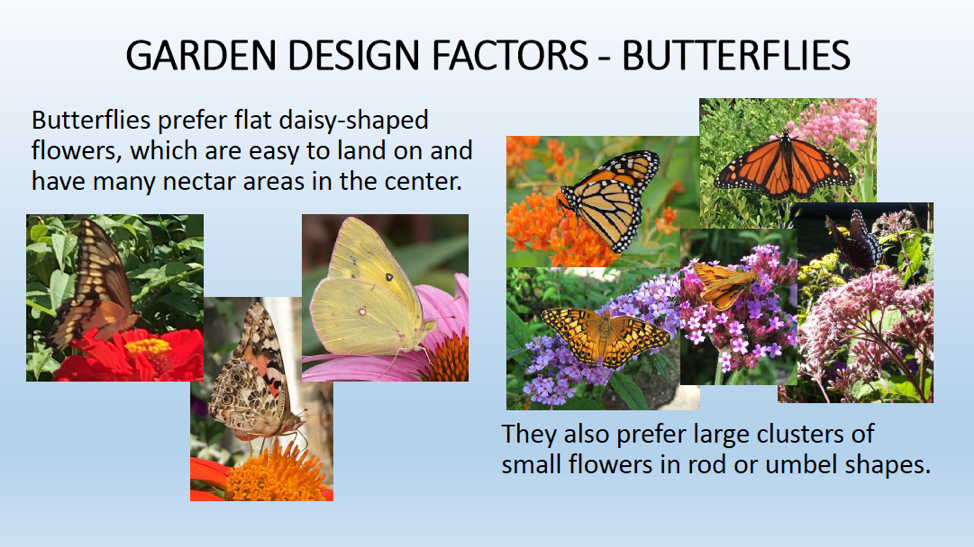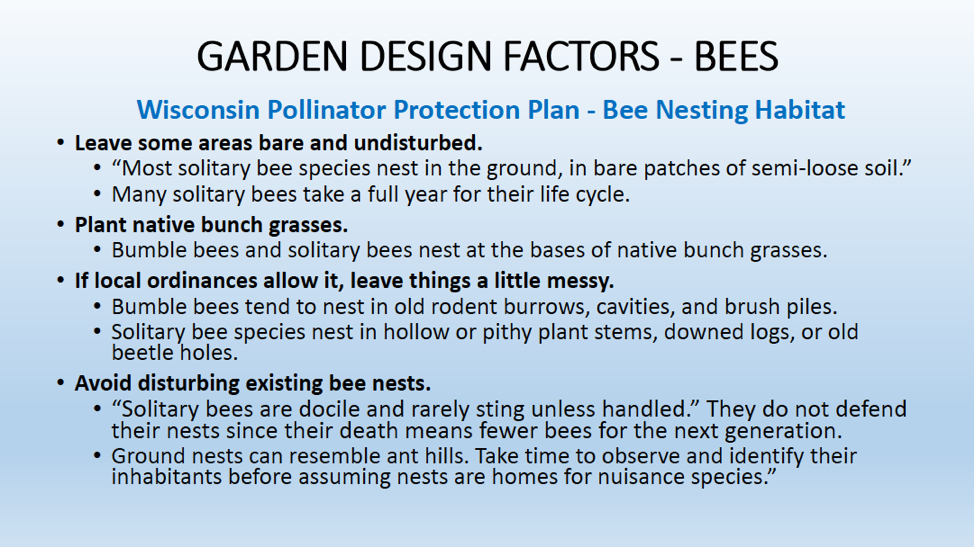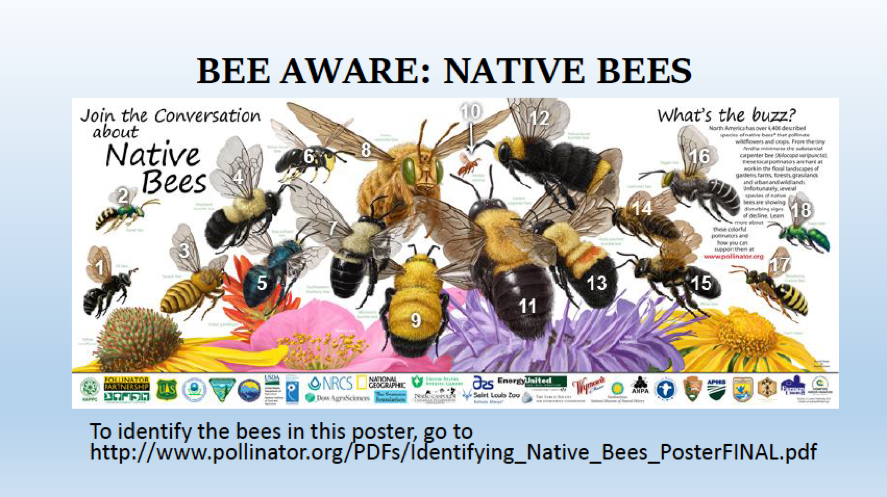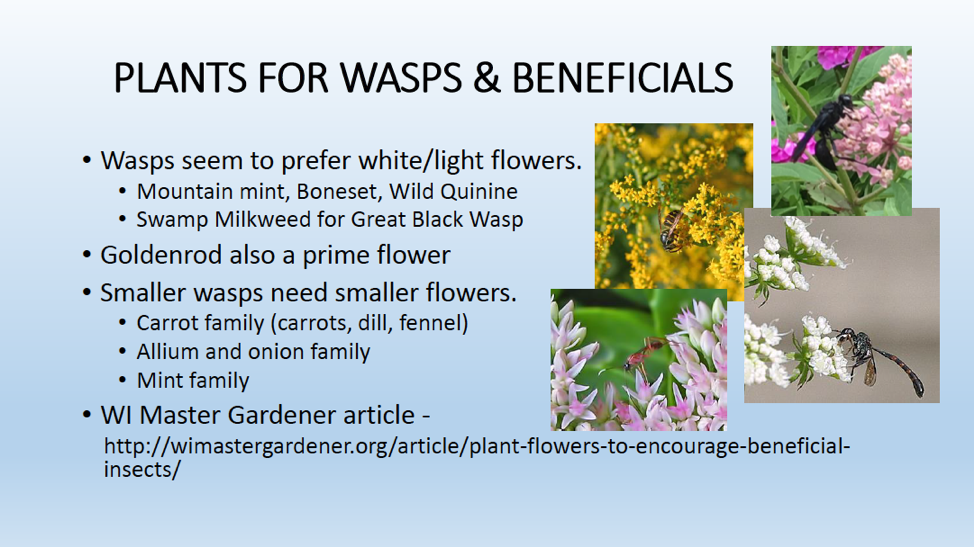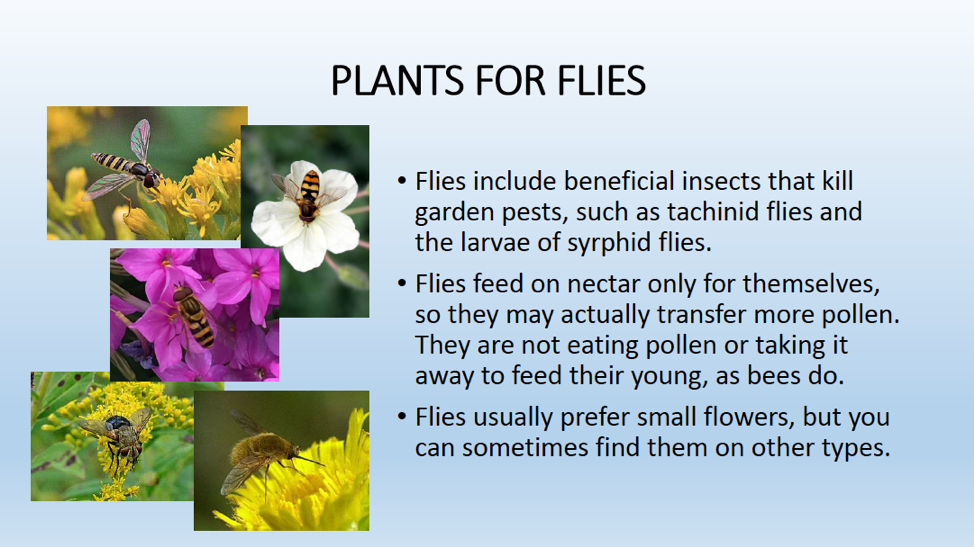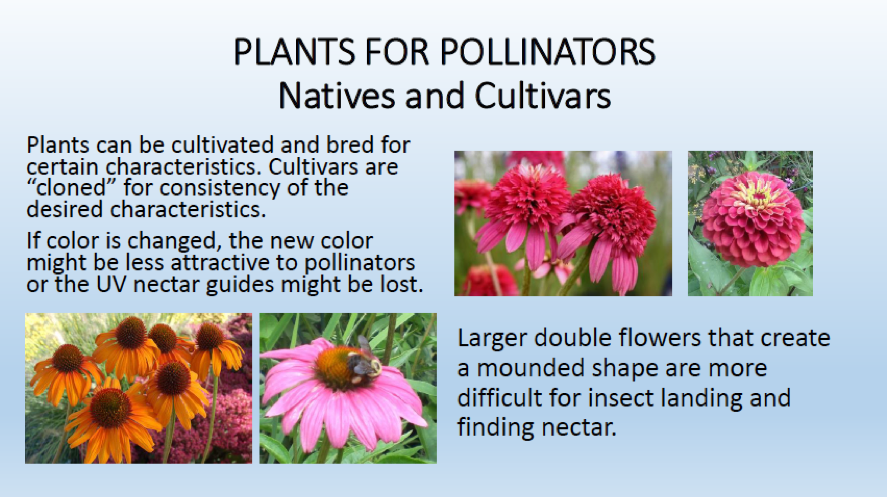|
This information is from Jennifer Lazewski’s presentation to the Whitefish Bay Garden Club in October 2017. She is a member of the UW Extension SouthEast Wisconsin Master Gardners. Jennifer can be reached at [email protected]
Pollinators are primarily insects that help transfer pollen. Bees are the most important and efficient pollinators. They purposefully seek and gather pollen for food. Their bodies have features to gather and hold pollen. Most other pollinators seek nectar and only incidentally transfer pollen, such as bugs, butterflies, and hummingbirds. They lack hairs to gather and hold pollen. They sometimes damage or eat pollen or parts of plants. Pollinators are essential because 75% of the world’s major food crops require or benefit from pollinators. About one third of the food we eat needs animal pollination. In Wisconsin, pollinator dependent crops account for over $55 million in annual production, and honey and beeswax add another $3.5 – 4 million. Bees can’t fly very far, so local farms and home gardens need local bees. Pollinators are declining in number due to habitat destruction and fragmentation. Causes include:
HOW CAN YOU SUPPORT POLLINATORS? Wisconsin Pollinator Protection Plan:
What factors should you consider when designing a pollinator friendly garden?
Comments are closed.
|
AuthorsThe Lawn and Garden Tips page is updated by members of the Whitefish Bay Garden Club. Archives
October 2020
Categories
All
|



